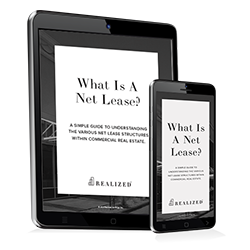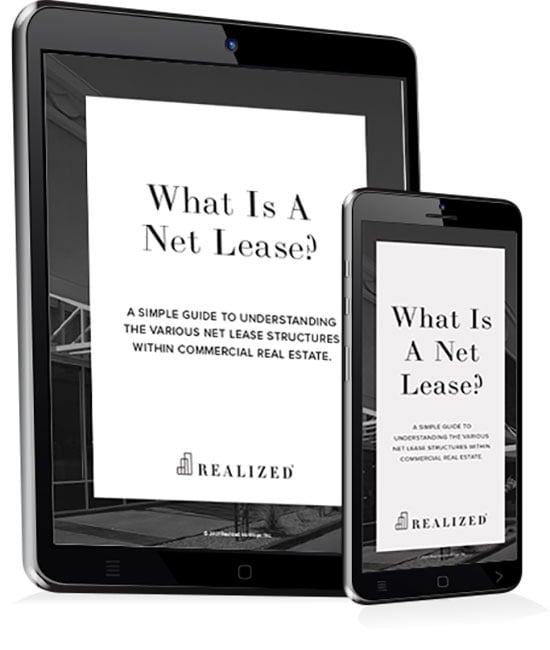The idea behind a ground lease is that a landowner owns vacant land, and leases that land to a tenant (which can also be a developer). The tenant then builds a structure on the site, while paying monthly rent to the landowner to occupy the acreage.
But when it comes to the question of who actually owns the building in a ground lease arrangement, the issue becomes a little trickier.
When a tenant/developer comes along and initiates ground-up construction on the land (or renovates/rehabs an already existing structure), the tenant/developer generally controls that building or facility for the term of the lease.
This is generally referred to as a quasi-ownership because in most cases, the tenant/developer is also responsible for expenses, maintenance, and repairs involving the structure. This is because (once again, in most cases), ground leases fall into the triple-let lease category. The landowner still owns the acreage, while the tenant takes care of other expenses involving the building.
But once the lease ends after 30, 50, or even 99 years, the question of who owns the structure can come up again. Depending on how the lease contract is structured, ownership of the building and any other improvements to the property can be returned to the landowner.
This can be an advantage or disadvantage for the landowner. On the positive side, what was once vacant land has been developed, which can help the property appreciate. This means the landowner could sell the land (and the building and its improvements) for a higher rate when the lease terminates.
On the other hand, there is now a vacant building on that land, for which the landowner must find a tenant. Additionally, the landowner is likely responsible for the expenses of maintaining that building (and the land on which it sits) while it’s empty. Depending on market conditions and property location, immediate re-tenanting could be a challenge.
Now, the above isn’t always the case; ownership and responsibility for maintenance depend on the contract stipulations. But the spirit of the ground lease is generally that a tenant could develop a building on the property and potentially earn money from that building’s operations. Then, when the lease ends, the tenant can walk away and not have to worry about selling either the building or the land. Meanwhile, the benefit to the landowner is a potential cash flow from formerly vacant land, and an increase in land value thanks to the improvements.
While straightforward, ground leases do carry their own degree of risk. Any property owner or tenant entering into this arrangement should be sure to work through a real estate attorney to execute such an agreement.



